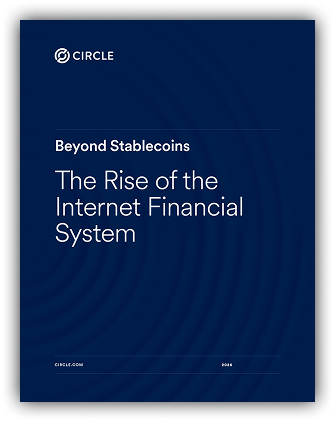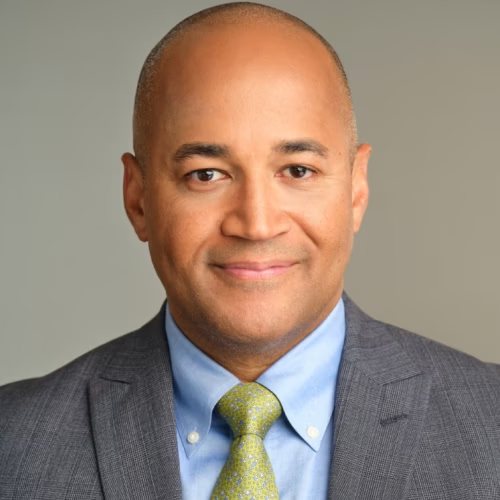Latest executive insights
Circle’s 2025 Year in Review
Circle-issued digital assets, real-world apps, and critical blockchain infrastructure establish a full-stack platform in 2025. Learn about Circle's big year.
Written By
In Conversation: Ken Rogoff and Jeremy Allaire
Harvard economist Ken Rogoff joins Circle CEO Jeremy Allaire for a timely conversation on the past, present, and future of the US dollar, global finance, and how stablecoin legislation could shape what comes next.
Written By
Building the Always-on Digital Dollar
For the first time in history, stablecoins show the way toward an era of open, programmable and composable money with the scale and reach of the internet.
Written By
Stablecoins, Blockchains, and the Future of Global Commerce
Circle's Jeremy Fox-Geen and Rene Michau from Standard Chartered explain how stablecoins can power the next wave of global commerce. Learn more.
Written By
INDUSTRY INSIGHTS
Insights from around the industry
ADDITIONAL RESOURCES
Explore additional resources
The Rise of the Internet Financial System
A new architecture for the movement, storage, and creation of value emerges.
Read the report















